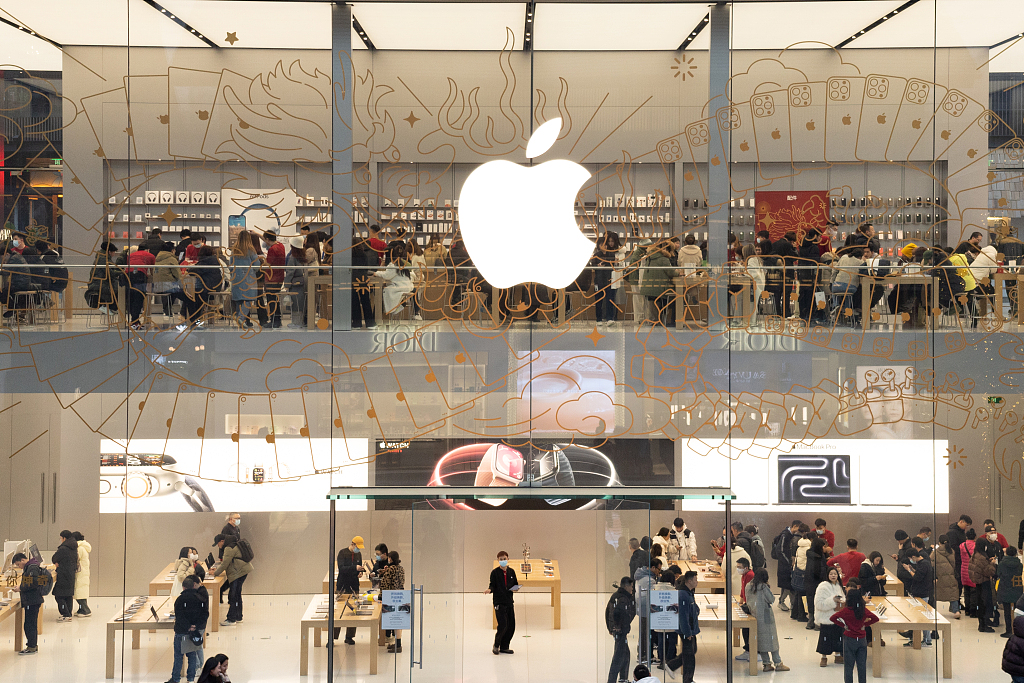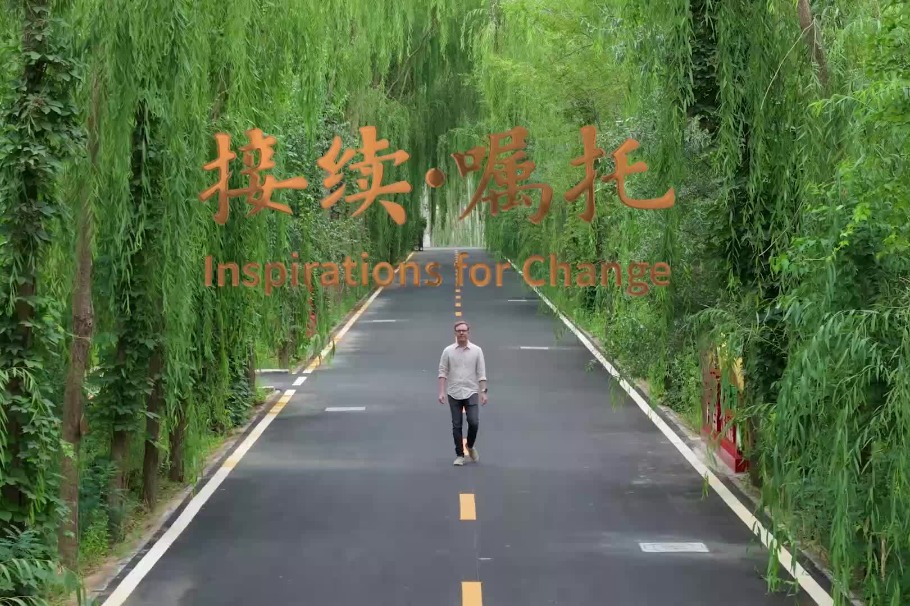Greater efforts needed to end 'Apple tax' monopoly


After warning Tencent to remove WeChat links through which mini-game developers get paid using channels that are beyond Apple's control, Apple has reportedly once again pressured Tencent and TikTok developer ByteDance, threatening to stall essential updates for the apps on Apple Store.
Apple deducts a certain percentage of money paid by users to developers of all smartphone apps installed through Apple Store. It varies in different countries and regions and could be as high as 30 percent of the fee on the Chinese mainland.
Following an update to Apple's clauses in 2017, anyone who likes an article on a WeChat official account and clicks to pay the author is required to pay via Apple Pay and be charged. However, many users choose other channels, such as Alipay or WeChat Pay to bypass the "Apple tax". And that is why Apple is pressuring Tencent and ByteDance to close these alternative payment channels so that the "Apple tax" cannot be avoided.
On Aug 1, Apple filed a motion with the US Department of Justice, which had sued it for monopolizing the smartphone market, to say its operating system commanded a market share of around 65 percent, lower than the 95 percent Microsoft once commanded. Different laws might define monopoly differently, but a 65 percent market share is enough to dominate the market and threaten app developers.
Apple's huge market share makes it difficult for small- and medium-sized app developers to challenge its rules, with even giants such as Tencent and ByteDance facing the heat. So, the efforts of a few companies alone is not enough to lower, if not put an end to, the "Apple tax".
What's needed is broader market consensus, so that a percentage of fee that is acceptable to all can be deducted, which, in all probability, will be lower than Apple's current 30 percent.
































